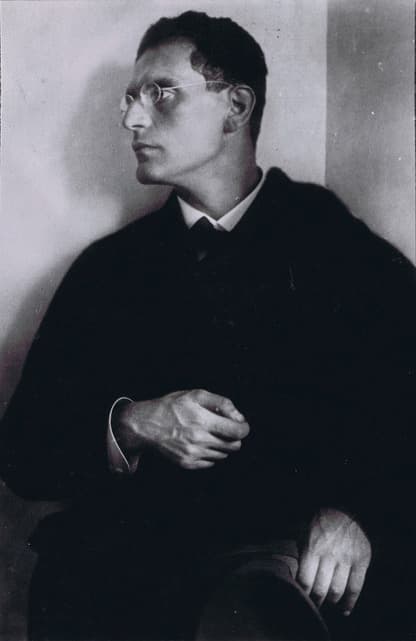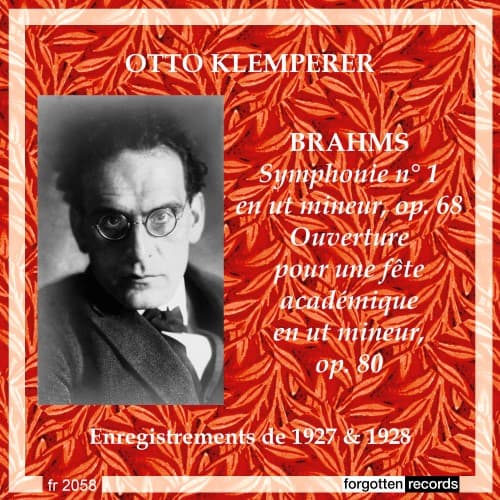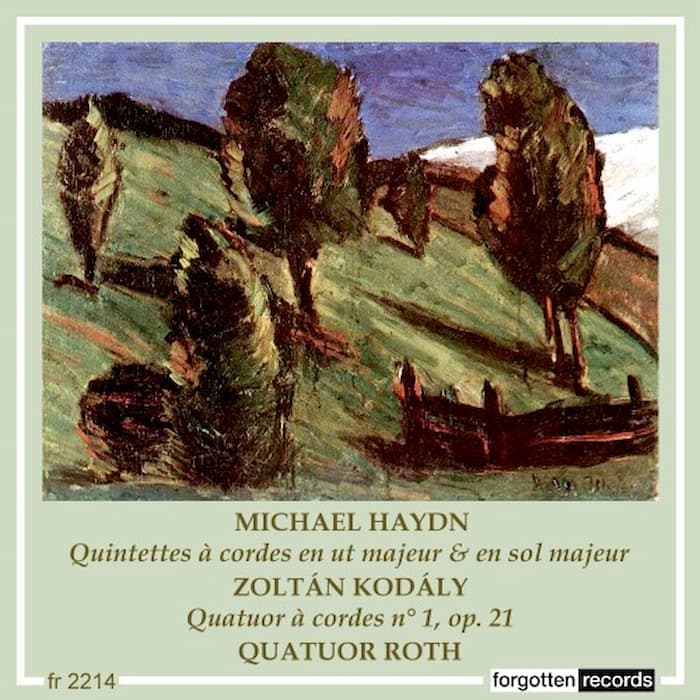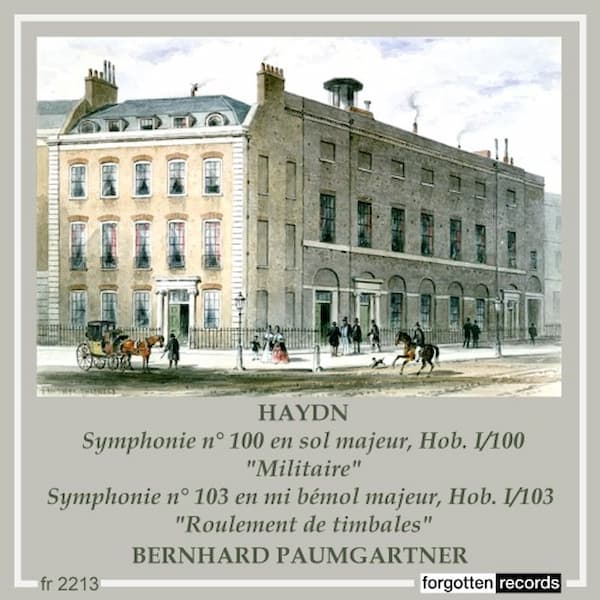Brahms’ honorary doctorate in 1879 from the University of Breslau described him as ‘artis music sevioris in Germanic nuns princeps’ or ‘the foremost composer of serious music in Germany’. You can imagine the problem that Wagner had with that commendation! Nonetheless, Brahms was honoured by the recognition, and used his title of ‘Doktor’ with happiness.

Johannes Brahms
It was memories of his own student days at the University of Göttingen that might have driven his less-than-auguste choice of music for his overture. Breslau had requested a ‘doctoral symphony’ and what they received was a humourous and memorable ‘pot-pourri of student drinking songs á la Suppé’, as Brahms described it in a letter to Max Kalbeck.
The work is a gem of not only Brahms’ humour but also of his consummate skill as a composer. On the surface, the drinking songs come to the fore, but it’s what’s under them that shows Brahms’ work: clever countermelodies, orchestration that both underscores the humour and creates the academic quality of the work, and the use of orchestral colour. After the four drinking songs, the overture closes with Gaudeamus igitur, a melody that would have been well-known to everyone at the concert. Traditionally used in Germany as a graduation song, it was also used as a drinking song and a general urging to all students to seize the day: delight in youth because life is short and then you die.
Brahms paired the work with another overture, albeit of a very different mood: the Tragic Overture, op. 81, in the key of D minor, has a darker character than the bubble of the Academic Festival.
Johannes Brahms: Academic Festival Overture, Op. 80

The young Otto Klemperer
This 1927 recording was made with Otto Klemperer leading the Staatsoper Berlin Orchestra. The tempo is unexpectedly quick, as was true of many recordings Klemberer made in his early years. Although noted in his final years for his slow tempos, this recording shows us that this was not always the case. 1927 was the year that he was appointed director of the Berlin State Opera, which lasted until 1933, where, under the influence of the National Socialists, protests against his support of modern music and modern productions drove him out. Fortunately, it drove him into the arms of the Los Angeles Philharmonic, and he left the opera stage for that of the symphonic.

Performed by
Otto Klemperer
Staatsoper Berlin Orchestra
Recorded in 1927
Official Website
For more of the best in classical music, sign up for our E-Newsletter


